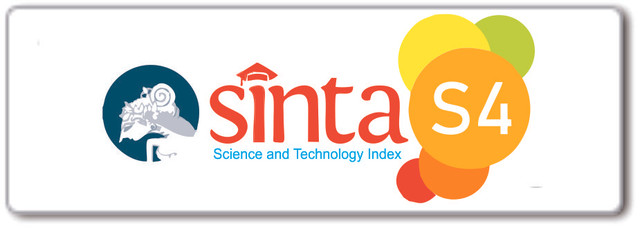Drugs and Juvenile Delinquency based on Educational Research: Case Study at the Drug Rehabilitation Center of YPAP Lhokseumawe City
DOI:
https://doi.org/10.24036/ijeds.v6i2.495Keywords:
Juvenile Delinquency, Drug Abuse, Causal Factors, Rehabilitation, EducationAbstract
Drugs and juvenile delinquency are two serious problems that exist in society. Juvenile delinquency such as brawls, smoking, drinking alcohol, and promiscuity are negative behaviors that violate social norms. This research aims to analyze the factors causing education-based drug abuse among teenagers in Lhokseumawe and North Aceh, its impact, and efforts to overcome it. This research is descriptive with qualitative methods, using indicators to understand the general stages of drug users and the causal factors. The research results show that the stages of drug abuse among teenagers in Lhokseumawe and North Aceh include environmental and psychological factors. The primary data source involved nine informants, including teenagers undergoing rehabilitation, the director of the rehabilitation center, counselor staff, and the local Head of the National Narcotics Agency (BNN), as well as the community of Gampong Ujong Blang. Secondary data consists of interviews and documentation. The snowball technique was used to determine informants. Data collection was carried out through interviews, observation, and documentation. The impacts of drug abuse include health, social, and economic. Mitigation efforts include primary and tertiary prevention programs as well as rehabilitation. This research emphasizes the importance of early intervention and strengthening the role of family and community, as well as education in preventing drug abuse among teenagers.


















